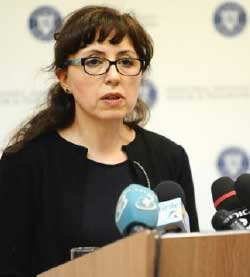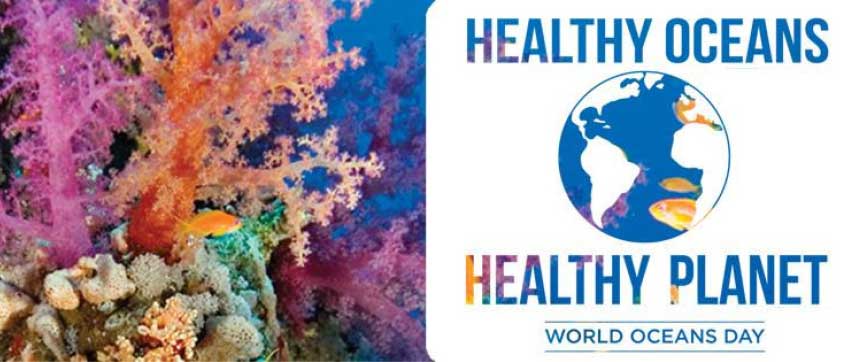
Executive Secretary of the Convention on Biological Diversity
THE future of the world’s oceans is our future. Yet, the present state of the oceans is troubling.
A few weeks ago, I saw firsthand the impact of our degraded oceans. I was in India, visiting a coastal community. I watched a group of fisher-folk, all men, hauling in their nets in expectation of a good catch. Their efforts were tremendous and they strained against the weight of the net, suggesting that this would be a good catch. Instead, what they pulled in was only a few small fish and several large jellyfish. This was a disappointment and I knew that this meant that they would not make much money that day.
What I witnessed was confirmed by others I met this week at the United Nations Oceans Conference in New York. People from places as far-flung as Sweden, Fiji and Costa Rica told stories of how the ocean they see today is a shadow of its former self. Populations of fish, corals and other living creatures have suffered and there is a great deal more plastic in our oceans.

Ocean acidification, marine pollution and damaging fisheries practices – they are all the result of human activities. But humans can also make a difference. And they are. On Monday of this week, I reported that as far as marine protected areas coverage is concerned, the world is on track to achieve the global Aichi Biodiversity Target of 10% conservation of coastal and marine areas by 2020. The world can now take the steps to ensure that these areas are effectively managed, representative and support equitable and inclusive sustainable development.
We need to think of the ocean as our collective blue backyard that needs to be clean and healthy in order to function properly. Pressures that adversely impact marine biodiversity undermine and compromise the healthy functioning of the planet and its ability to provide the services that we need to survive and thrive. Thus, managing, protecting and restoring the ecosystems and biodiversity of our oceans is not simply a means to enable sustainable economic growth and human well-being; it is a necessary pre-condition for the survival and prosperity of humanity.
The commitments for marine protection and the other commitments made here at the Oceans Conference show that the world is ready to come together to address a problem that affects us all. Here in New York, I sense the same enthusiasm, energy and political will that we saw in Paris during the negotiations for the Paris Accord, at a time when I was the Minister of Environment, Waters and Forests of Romania. This encourages me that we are on the right track and, as the UN Secretary General and the Deputy Prime Minister of Sweden both said at the opening of the Conference, we are at a point where we can change the tide on the oceans.
The discussions this week are about working together, connecting our actions and learning from each other. We can ride the waves of change to a more positive outcome for the oceans and the future we want.
Happy World Oceans Day!














